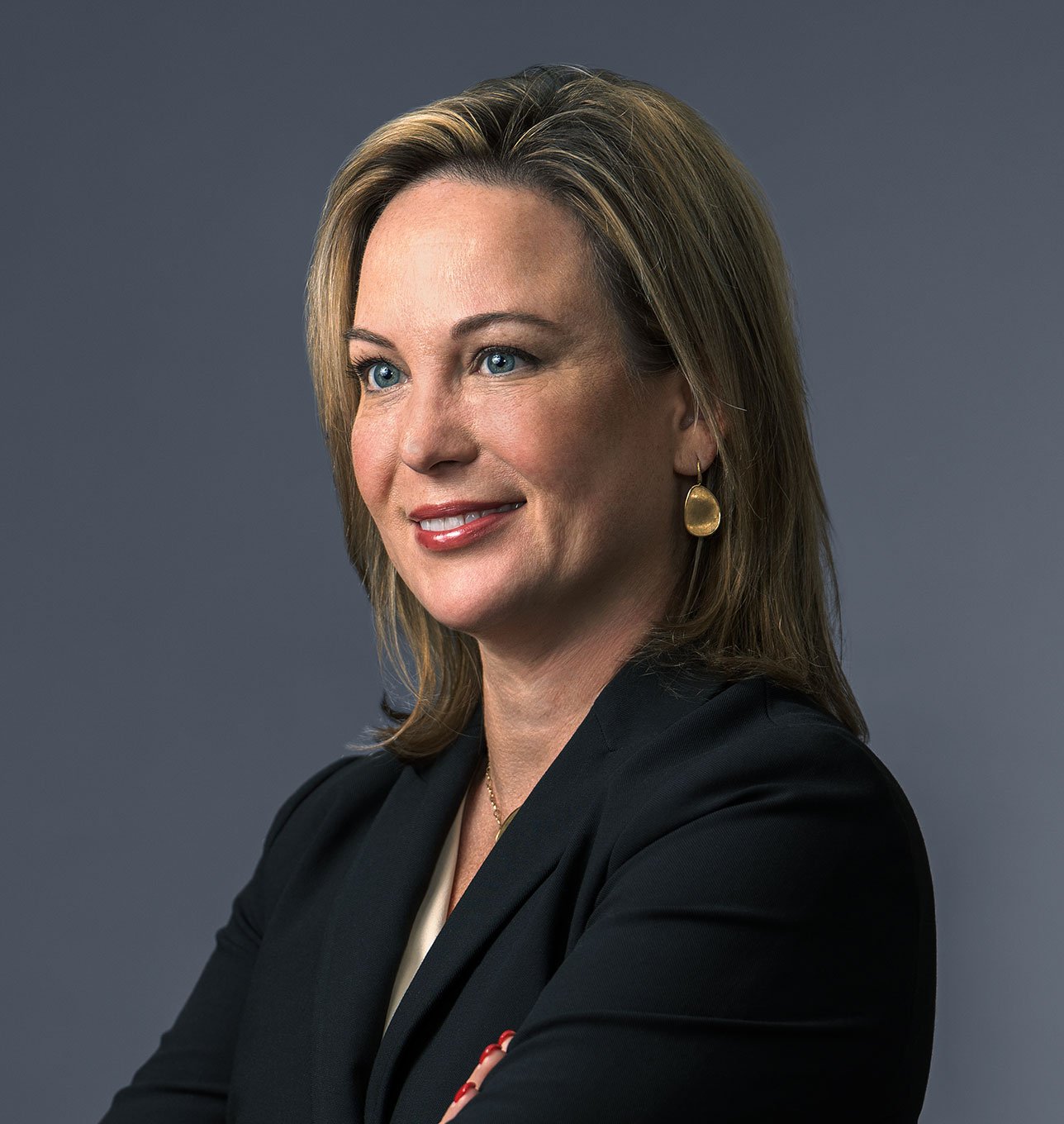Collateralized Fund Obligations: Considerations for GPs and LPs
Executive Summary
Collateralized fund obligations (“CFOs”) have garnered attention recently, becoming increasingly popular within the fund finance market as a way to generate liquidity. CFOs have several benefits, as we explained in a previous Legal Update, but that does not mean they are not without risks or complications. In this Legal Update, we share some of the considerations for fund general partners and limited partners when engaging in a CFO transaction.
Background
Collateralized fund obligations (“CFOs”) have garnered attention recently as they gain popularity within the fund finance market as a way to generate liquidity. A fund sponsor—typically the general partner (“GP”) of a fund—can bundle various fund interests and raise capital by using them as collateral without selling the fund interests to third parties. Limited partner (“LP”) investors are also attracted to CFOs because the vehicle provides access to a bundled pool of investments with an enhanced credit rating and can also be used to manage market volatility in existing portfolios of private equity exposures.
What GPs and LPs Need to Know
What Are Considerations for GPs?
- Does the transaction's timing align with the required representations? Fund LPs (including the CFO Issuer or its subsidiary) must make various representations regarding compliance with securities laws, anti-money laundering laws, and Know-Your-Client standards. However, CFOs may not have the status to make certain of these representations until the CFO has issued funded liabilities or has acquired the LP interests, so the timing of these representations by the CFO Issuer or its subsidiary should be considered to confirm that they are accurate when made.
- Are subscription credit facilities involved? If the underlying funds do not have subscription lines in place to cover capital calls, the GP should consider requiring LPs transferring their interests to agree that they will cover any defaults of the new LPs to meet capital call obligations. On the other hand, if there is a subscription line in place and the original LP was part of the fund's borrowing base, the GP should provide the subscription credit lender with sufficient advance notice of the transfer to assess any impact on the borrowing base.
- Has tax counsel been consulted? Each underlying fund's tax counsel should assess the implications of any change of location of the LP holder that may be effected by a transfer of the LP interest to the CFO Issuer or its subsidiary, if the LP interest is currently held by a different investor.
What Are Considerations for Fund LPs?
- Has the transferring LP obtained the GP's consent? The GP must consent to transfer an LP's interest in the fund. Due to confidentiality provisions in the underlying fund, the GP will likely require the LP to sign a non-disclosure agreement before consenting. The LP should allow ample time to work through any issues with the GP and obtain the GP’s consent for the LP to transfer their interest to the CFO Issuer.
- Does the CFO transaction's timing align with the underlying fund's timing requirements? Fund agreements often provide that LP interest transfers can only take effect at specified times during the year, whether quarterly, bi-annually, or annually. The LP should ensure that the timing of the CFO closing or portfolio accumulation aligns with these parameters on the timing of transfers.
- Has the LP complied with the provisions of the fund documentation? To transfer the LP interest to the CFO Issuer, the LP must comply with the terms of the fund's governing documents, including tax, securities, anti-money laundering, and Know-Your-Client requirements. Accordingly, LPs should confirm access to and compliance with these fund documents.
- Has the LP considered the costs involved? Each transfer of an LP interest will result in legal expenses in addition to the cost of the CFO transaction itself. In addition, transaction counsel for the various CFO parties will generate legal expenses.
Next Steps: What Do We Expect for CFOs?
Investors will continue to be motivated by the higher interest rates offered by CFO notes over traditional securitizations and the optimistic returns on equity investments. Investors, funds, and portfolio companies are all drawn to the enhanced flexibility and customized options that CFOs offer.
We anticipate that as investors become increasingly comfortable with these vehicles, CFOs will gain popularity as a source of liquidity in the fund finance market. For additional information on CFOs, you can read the following legal updates:
- Collateralized Fund Obligations: A Primer
- Collateralized Fund Obligations: A Growing CDO/CLO and Fund Finance Liquidity Solution
- Collateralized Fund Obligations: The Advantages of CFOs
Contact Us
Structured Finance:
Michael P. Gaffney, Partner
Jennifer T. Hartnett, Partner
Arthur S. Rublin, Partner
Ryan Suda, Partner
Sagi Tamir, Partner
J. Paul Forrester, Senior Counsel
Fund Finance:
Kiel A. Bowen, Partner and Global Co-Head of Lending
Todd N. Bundrant, Partner
Mark C. Dempsey, Partner
Ann Richardson Knox, Partner
Insurance Regulatory:
Lawrence R. Hamilton, Partner













